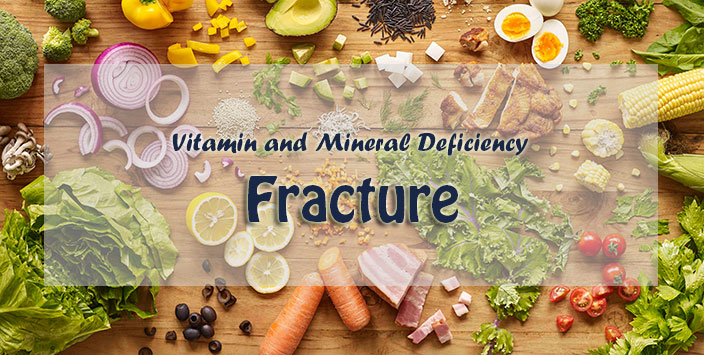Potential Nutrient Deficiencies
The Vitamin Deficiency
Vitamin D
VITAMIN D is a fat-soluble vitamin that is essential for the regulation of calcium and phosphorus levels in the body. It helps to promote the absorption of calcium and phosphorus from the intestines, which contributes to bone health and growth. VITAMIN D is also important for immune function and has been associated with reduced incidence of certain diseases such as multiple sclerosis, depression, and some types of cancer.
The recommended daily intake of VITAMIN D varies according to age and gender. The following are the recommended daily intake for different age groups:
– Infants 0-12 months: 400-1000 IU/day
– Children 1-18 years: 600-1,000 IU/day
– Adults 19-70 years: 600-800 IU/day
– Adults over 70 years: 800-1000 IU/day
NOTE: Some people may need higher VITAMIN D intake, such as those who have limited exposure to sunlight, have dark skin, are obese, or have certain medical conditions. It is always recommended to consult a healthcare provider about the proper dosage of VITAMIN D supplements.
The Mineral Deficiency
Calcium
CALCIUM is an essential mineral for the development of healthy and strong bones and teeth. It plays a critical role in muscle contraction, nerve function, blood clotting, and cellular communication. Maintaining adequate levels of CALCIUM is important for overall health and can help prevent osteoporosis, a condition characterized by weak and brittle bones.
– For adults between the ages of 19 and 50, the daily recommended intake of CALCIUM is around 1,000 mg.
– For those over 50 years of age, the recommended daily intake increases to 1,200 mg.
NOTE: Women who are pregnant or breastfeeding may require more CALCIUM, and should consult with their healthcare provider to determine their individual needs.
- READ MORE




